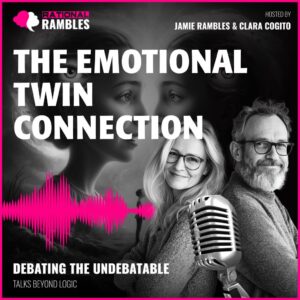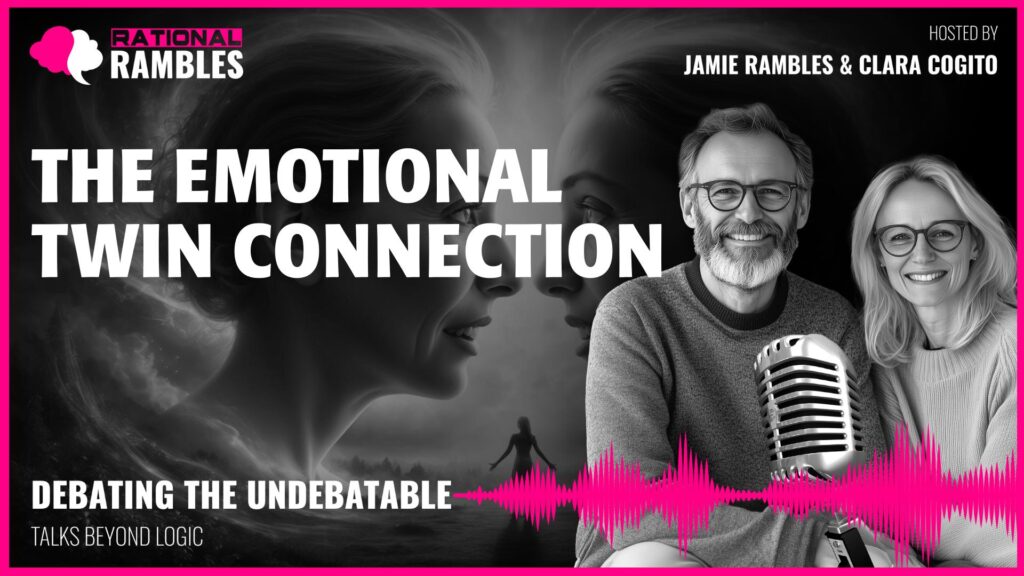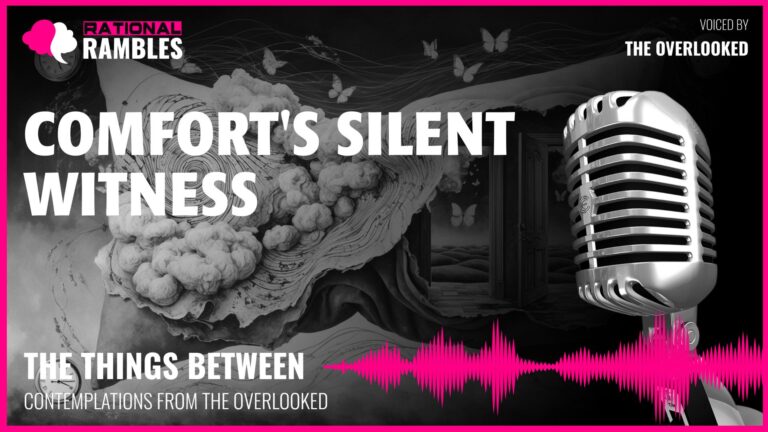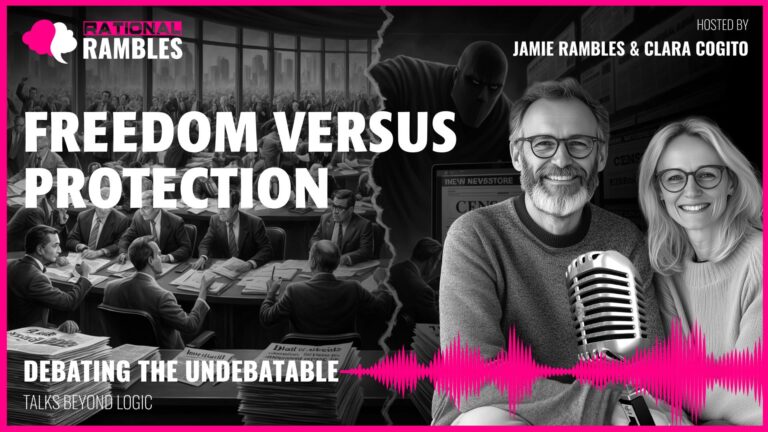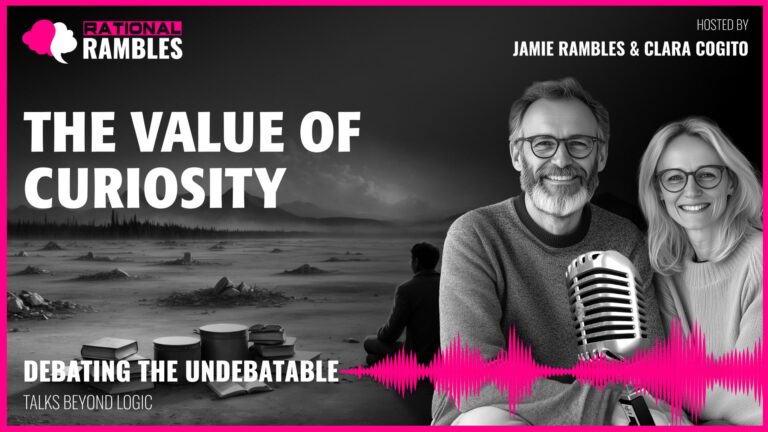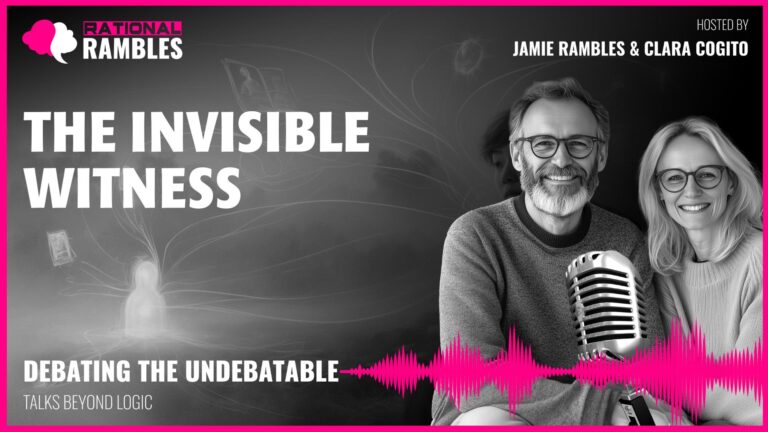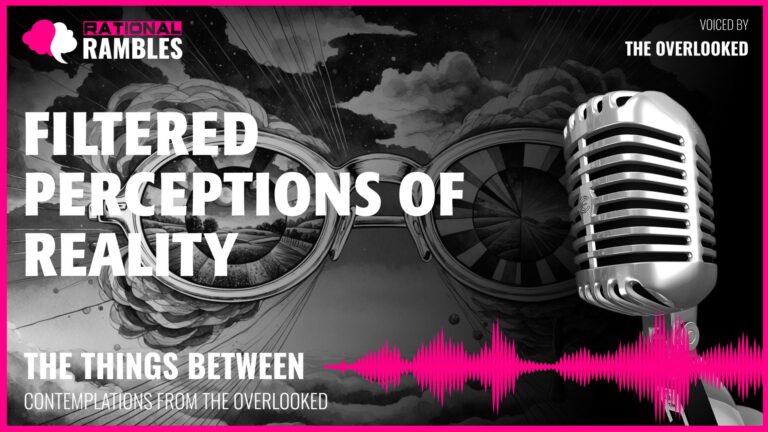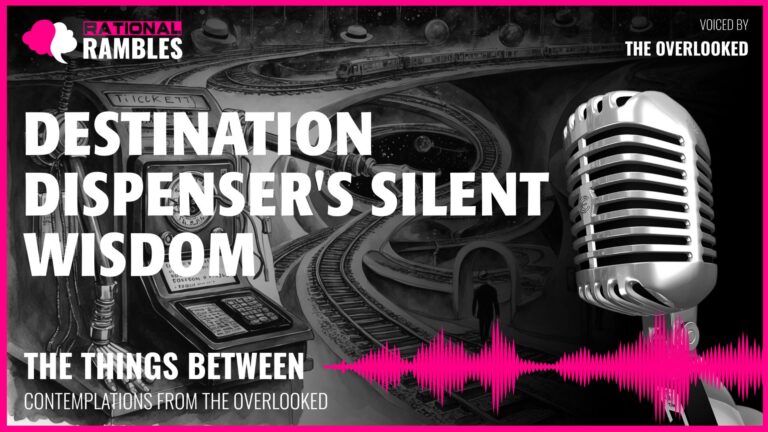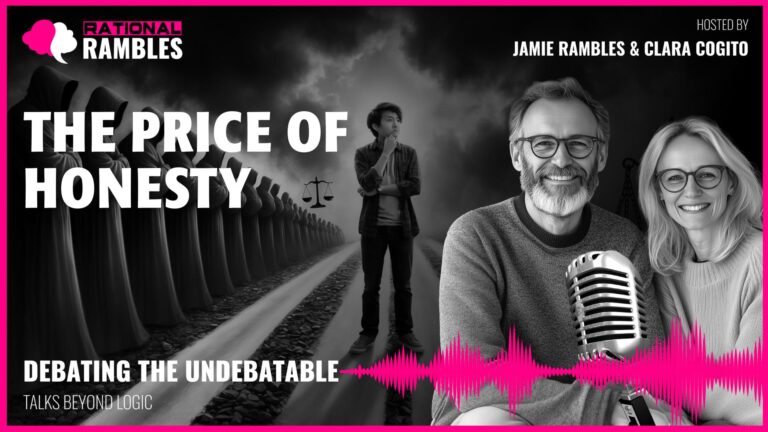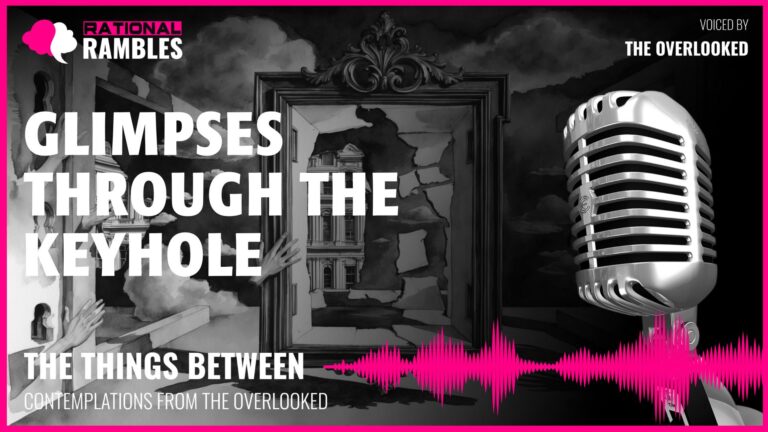The Emotional Twin Connection
The concept of an “emotional twin” presents a fascinating intersection of empathy, emotional resonance, and human connection. Imagine encountering someone who feels your emotions precisely as you do, sharing not only the sensations but also the reasoning behind those feelings. This thought experiment invites a deep exploration of the nature of emotional relationships, the potential for understanding, and the intricacies of identity. This article aims to unpack these dimensions and assess the implications of such a unique connection.
The Nature of Emotional Connection
At its core, the idea of having an emotional twin raises questions about the very essence of emotional connections. Typically, relationships are built on shared experiences, mutual understanding, and emotional exchanges. When we connect with someone, we often find solace in knowing they can empathize with our struggles and joys, even if their experiences differ. An emotional twin, however, changes the dynamic entirely. With this person, there exists an uncanny mirroring of feelings, creating a sense of companionship that transcends typical relational boundaries.
But what does it mean to feel the same emotions for the same reasons? One could argue that such a connection might eliminate the need for verbal communication. If both individuals experience identical emotional states, they may intuitively understand each other without the need for words. This phenomenon can create an environment of profound acceptance, where judgment is replaced by an innate understanding of each other’s emotional landscape.
However, this brings about complexities as well. Would the absence of distinct emotional interpretations make conversations mundane? Would they simply nod in agreement, or would there be deeper layers to explore? This situation prompts a reflection on whether emotional experiences serve to enrich our lives solely as individual journeys, or if shared experiences can foster growth and evolution in a relationship.
The Dynamics of Shared Emotions
The notion of emotional twins introduces an intriguing paradox: if two individuals feel the same emotions, how might this impact their relationship dynamics? For instance, consider the potential for emotional amplification. If one person experiences joy, does that joy intensify within the other? Conversely, if sadness permeates one’s spirit, will it invoke the same depth of sorrow in their twin? This emotional feedback loop could enhance the highs but also amplify the lows, creating a volatile emotional atmosphere. The duality of this phenomenon raises questions about the management of emotional health in such a bond.
Moreover, what happens when opinions diverge despite shared emotional responses? Emotions, while powerful, do not exist in a vacuum. They are influenced by personal histories, values, and perceptions. The complexities of navigating differences in opinion may present challenges, even among emotional twins. If one person reacts to a situation with anger rooted in their past, while the other experiences the same anger but for different contextual reasons, the relational framework could become fragile. Hence, understanding and acceptance may require a continual recalibration of perspectives.
The Potential for Growth and Transformation
Despite these challenges, the relationship with an emotional twin holds the potential for profound personal growth. An individual may gain invaluable insights into their emotional responses when they observe their reactions mirrored in another. This could lead to greater emotional awareness, fostering the ability to articulate feelings and navigate their emotional landscape more effectively. The emotional twin could serve as a catalyst for self-discovery, prompting deeper reflections on personal values, fears, and motivations.
Such transformative potential could prove liberating. With someone who intimately understands one’s vulnerabilities and fears, there is an opportunity to shed societal masks and embrace authenticity. The emotional twin connection could create a safe space for exploring shameful emotions and difficult truths without the fear of judgment. This freedom to be entirely oneself can be incredibly empowering, allowing for both individuals to engage in a journey of healing and acceptance.
The Limitations of Connection
However, one must also contemplate the limitations of such a connection. Would having an emotional twin lead to a diminished sense of individuality? In a world where uniqueness is celebrated, the idea of sharing emotions to such an extent might feel paradoxical. Would it strip away the specialness of personal emotional experiences, and could it breed dependency? These considerations emphasize the need for maintaining individuality within the context of emotional intimacy.
The relationship between emotional twins could reflect a delicate balance, where both parties feel connected yet distinct. The challenge lies in cultivating a relationship that honors their shared emotional experiences while recognizing their unique personal journeys. The beauty of human connection often stems from the interplay between similarities and differences, where the diversity of perspectives enriches relationships.
The Search for an Emotional Twin
The search for an emotional twin prompts additional philosophical inquiries about identity and the nature of existence. If we are to believe that there is someone out there who mirrors our emotional landscape, what does this imply about our shared human experience? Are we all, in some ways, connected through the fabric of our emotions? This notion encourages contemplation on the broader implications of human connection, suggesting that even the most personal emotions resonate with others.
Furthermore, as individuals, we may yearn for that emotional twin as a symbol of hope in a world that can often feel isolating. The idea of being understood at the deepest level can serve as a comforting thought amid the chaos of life. It speaks to the inherent desire for connection that exists within every human being, highlighting our mutual longing for empathy and understanding.
Conclusion: The Beauty of Connection
In conclusion, the exploration of the concept of an emotional twin reveals a complex tapestry of emotions, connection, and individuality. While the prospect of encountering someone who feels precisely what you feel is enticing, it also invites profound questions about identity, boundaries, and the nature of relationships. As we navigate the depths of our emotional experiences, the idea of emotional twins serves as a poignant reminder of our shared humanity, illustrating that even in our most personal struggles, we are not alone. Ultimately, the journey toward understanding ourselves and each other continues to be enriched by the connections we form, whether or not they mirror our emotions perfectly.


